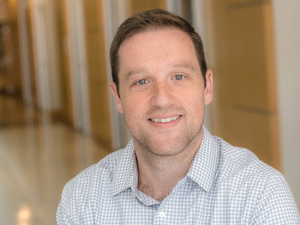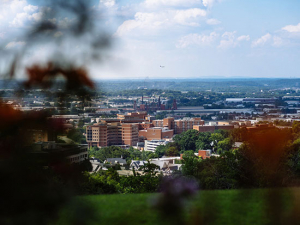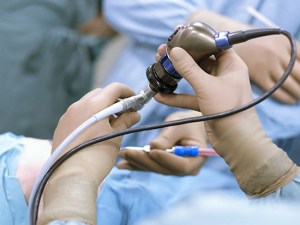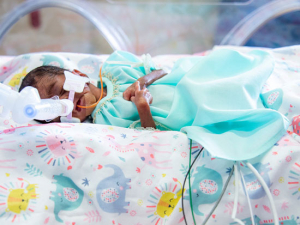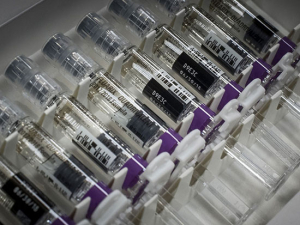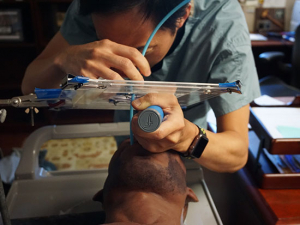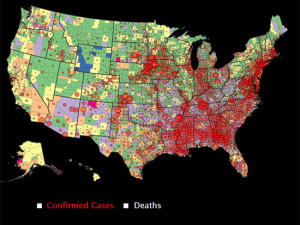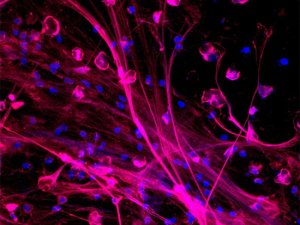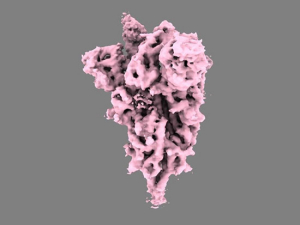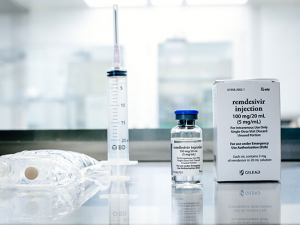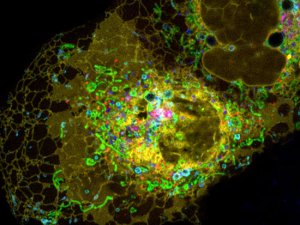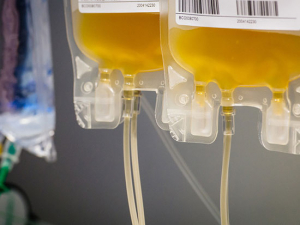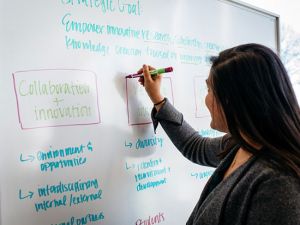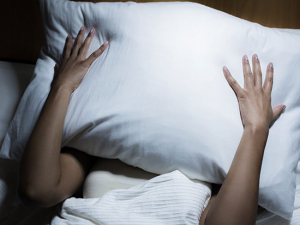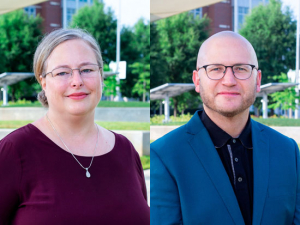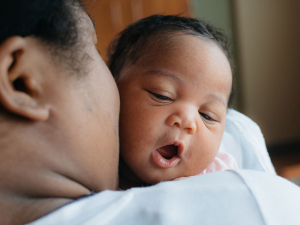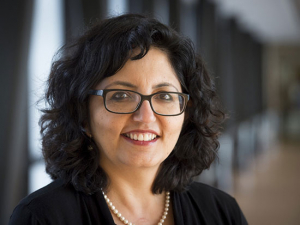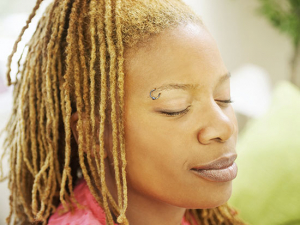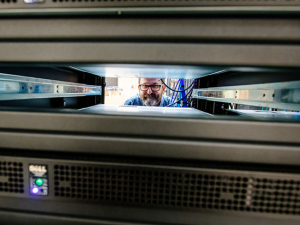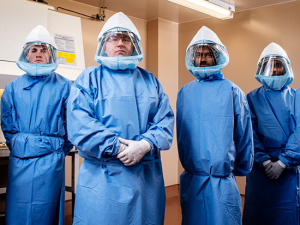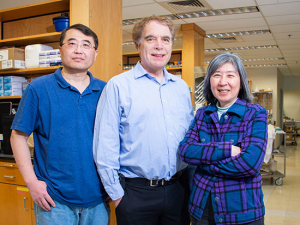Displaying items by tag: research
Colleagues explain say retiring Animal Resources Program Director Samuel Cartner, DVM, Ph.D., has helped shape the institution’s research.
‘High-risk, high-reward’ NIH grant expands researcher’s work predicting cancer immunotherapy success
Benjamin Larimer, Ph.D., has received a five-year, $1.5-million New Innovator Award grant to develop a PET imaging test that identifies patients most likely to benefit from immunotherapy.
Using extensive testing, diagnosis and clinical data from across the Deep South, this project will be the first to analyze multiple dimensions of inequality to clarify contributions to COVID-19 disparities.
ScopeAssist, invented by a physician and an engineer, is designed to help surgeons deal with the rigors associated with endoscopic surgeries.
Doctors don’t have anything to reliably collect urine from neonates. A solution to this problem earned a commercialization grant from the U.S. Economic Development Administration.
The vaccine pipeline rests largely on a single tree in Chile. A sustainable, cost-effective solution from this UAB chemist earned him a commercialization grant from the U.S. Economic Development Administration.
Most PPE goes on the provider, not the patient. A solution to this problem from UAB faculty earned them a commercialization grant from the U.S. Economic Development Administration.
An interdisciplinary team of faculty and graduate students are using machine learning to identify geographic areas in which social determinants contribute to the COVID-19 burden as a way to improve the public health response.
The immune system’s first responders are implicated in acute respiratory distress syndrome, which greatly increases mortality in patients with COVID-19. With pilot funding from UAB’s urgent COVID-19 research initiative, investigators are exploring a potentially powerful new form of treatment.
Moon Nahm, M.D., has identified the crucial antibodies for pneumococcal vaccines and helped lower prices from $100 per dose to $2. With pilot funding from UAB’s urgent COVID-19 research initiative, Nahm is adapting his proven techniques to SARS-CoV-2.
Alabamians have early access to potentially life-saving vaccines and treatments for COVID-19 through UAB. Why? The same reasons that clinical trials activity at UAB has more than doubled in the past five years. Here's how it happened.
A bioluminescent one-two punch targets mitochondria in cancer cells and evades the blood-brain barrier for a potential new treatment for neuroendocrine cancers, triple-negative breast cancer and brain cancers.
UAB is enrolling patients as part of randomized controlled trials that experts say are necessary to prove the efficacy of the much-discussed COVID-19 treatment.
In a new trial funded through UAB’s urgent COVID-19 research program, investigators are comparing the widely available steroid methylprednisolone with dexamethasone, which lowered risk of dying by one-third in a U.K. trial this summer.
Projects will receive U.S. Economic Development Administration grant support for proof-of-concept and early-stage product development.
With a nearly $3 million grant from the NIH, researchers are studying interactions among sleep, nicotine and race.
Project LEAP will make novel use of integrated patient navigation and student champions to help high-risk young residents.
This summer’s COVID-19 Data Science Hackathon spurred many creative applications and several ongoing projects, including an automated genomic epidemiology pipeline and a machine-learning based viral transmission simulator.
Interdisciplinary center is focused on cutting-edge research that can be developed into better treatments — and helping junior faculty develop their own research programs.
A $2.9 million study aims to lower the risk of pregnant women becoming infected with cytomegalovirus, a virus that can lead to long-term health problems for babies.
Women who had total body irradiation to prepare for blood or marrow transplantation before age 30 had a 4.5-fold increase in their risk of developing breast cancer later in life.
Precision mapping using drones, light aircraft and lasers enables Rouzbeh Nazari, Ph.D., to pinpoint homes at highest risk in hurricanes and other disasters.
A $2.9 million, NIH-funded trial aimed at Black women with high stress will examine whether culturally relevant stress-management strategies can improve weight-loss outcomes.
Cheaha now is certified for use with protected health information, including medical records and genomic data, which investigators describe as a “big deal.”
Members of the lab of tuberculosis researcher Andries Steyn, Ph.D., have provided crucial assistance in UAB efforts to combat COVID-19.

